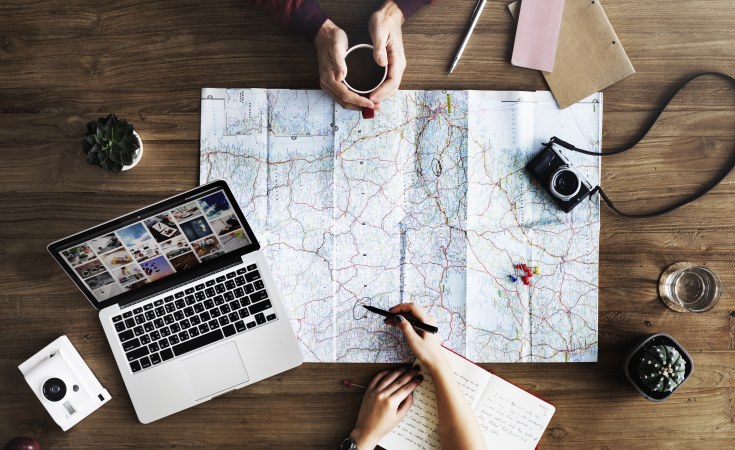Cape Town — We all know traveling is great - learning about new places and cultures while posting selfies to make friends on Facebook jealous is always fun, but what about when it's not? Sometimes things go wrong, and not in the lost luggage or I-forgot-my-charger-at-home-and-now-I-have-to-buy-a-new-one kind of way. Facing crime and bureaucracy at home is bad enough but it's especially impactful when abroad.
Take, for example, the case of Eddie Ong and his wife Michelle Chang. In September 2017, the Singaporean couple were attacked on Baden Powell road in Mitchells Plain, Cape Town. Ong and his wife had been in the city for a week when they were accosted by "attackers" who targetted them after the couple's rental car broke down. Ong suffered a head injury after the attackers threw a rock at his face. Robbed of their phones, and an undisclosed amount of money, the couple said they would not be recommending Cape Town to others as a holiday destination.
Want some more examples?
In September 2017, a group of 36 Dutch tourists were robbed shortly after arriving in Cape Town, South Africa. While en route to their accommodation, a man in a police uniform driving a police car stopped their bus. Five additional suspects were dressed in civilian clothing. The incident sparked condemnation from government officials who said the crime was a threat to the growing tourism sector.
In this article from Zimbabwe's The Source, tourist Karel Stander recalled the experience of paying for for various "creative offences" during a pair of trips to the Victoria Falls in Zimbabwe during 2015 and 2016. These included:
- A U.S.$20 fine for slowly crossing a railway line in Victoria Falls without stopping at a broken set of traffic lights
- A U.S.$10 fine over Stander's 10-year-old daughter's failure to wear a seatbelt
- A U.S.$20 fine, "mercifully" reduced from U.S.$40, for not having special reflective car stickers
Stander's consclusion is that even if tourists oblige and respect every Zimbabwean road requirement, "the police will (creatively) find an excuse to exact a penalty (or worse)".
Of course, Africans travelling abroad are bound to encounter difficulties of their own.
In July 2017, South African artist visual artist Sibahle Steve Nkumbi traveled to Amsterdam where she planned to write about a friend's art exhibition. On the day she and her companions were expected to check out of the AirBnB they were staying, the 47-year-old host of the establishment got into an argument with Nkumbi, who was filmed being pushed down a flight of stairs. The AirBnB host has been charged with the Dutch equivalent of culpable homicide.
That same month, a team of five Gambian teenage pupils who built a robot for a prestigious international competition in the United States were denied refused entry to the U.S. Moktar Darboe, director of The Gambia's ministry of higher education, research, science and technology, said that the visa was denied shortly after their interview at the US embassy in Banjul in April. They were not given any explanation despite having paid U.S.$170 each for the visa application. Their denial came at a time when the U.S. Supreme Court allowed the partial enforcement of President Donald Trump's travel ban on citizens from six Muslim-majority countries, even though Gambia was not on the list.
A month later, in August 2017, Ugandan pilgrims on their way to Mecca for Hajj, the fifth pillar of Islam during which pilgrims are cleansed of sin, were allegedly conned of nearly U.S.$4,000 by travel agents. 65-year-old Hajjat Hanifah Nakalema recalled the shock after her tour guide for the trip Sheikh Swalleh Mubiru returned to her group with only their passports and no visas. "He said the embassy ran short of visas," Nakalema said. Assistant accountant at the Saudi embassy, Abdul Hakim Nsambi, contradicted Mubiru's account, saying the Saudi mission never stopped offering visas to pilgrims.
Have you had a travel experience as bad as any of the ones mentioned above? Take the allAfrica Twitter poll or share your story on our Facebook page.


